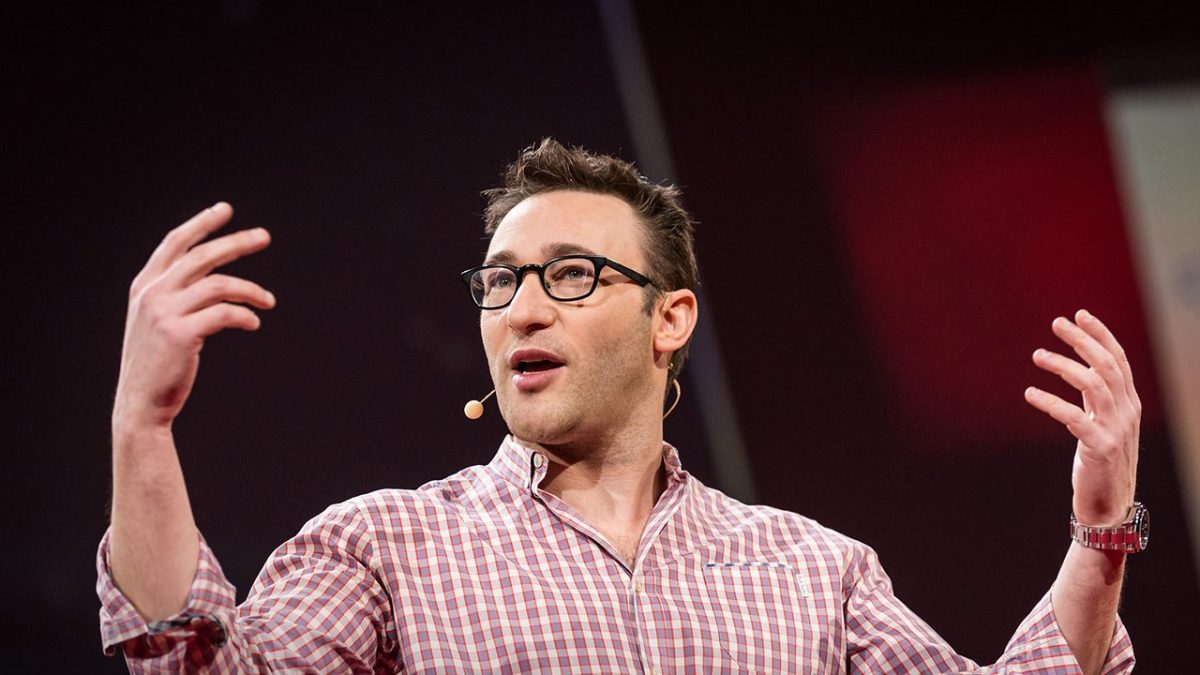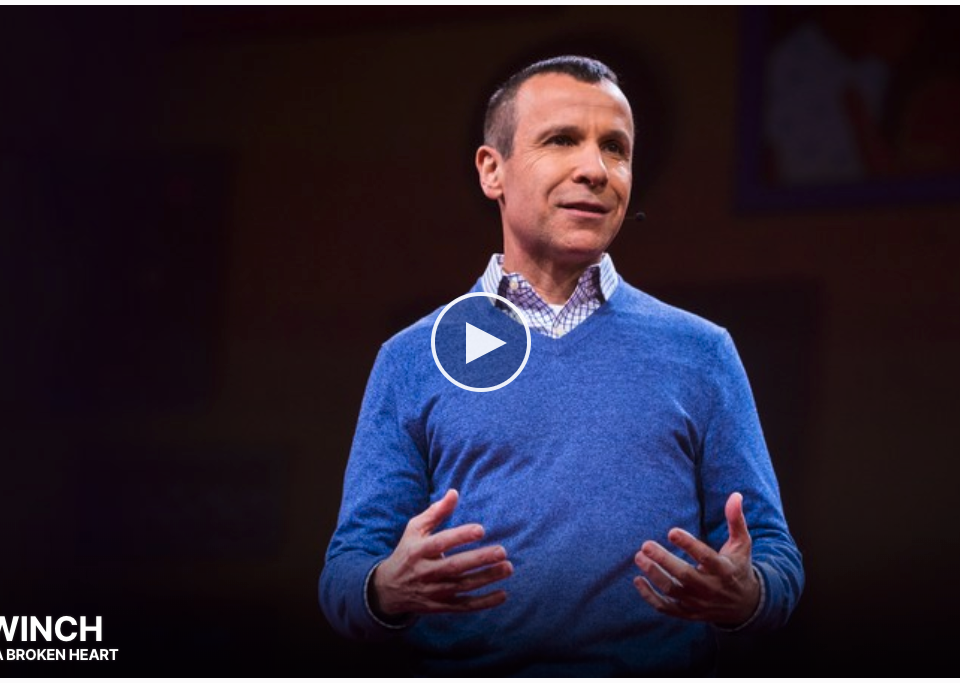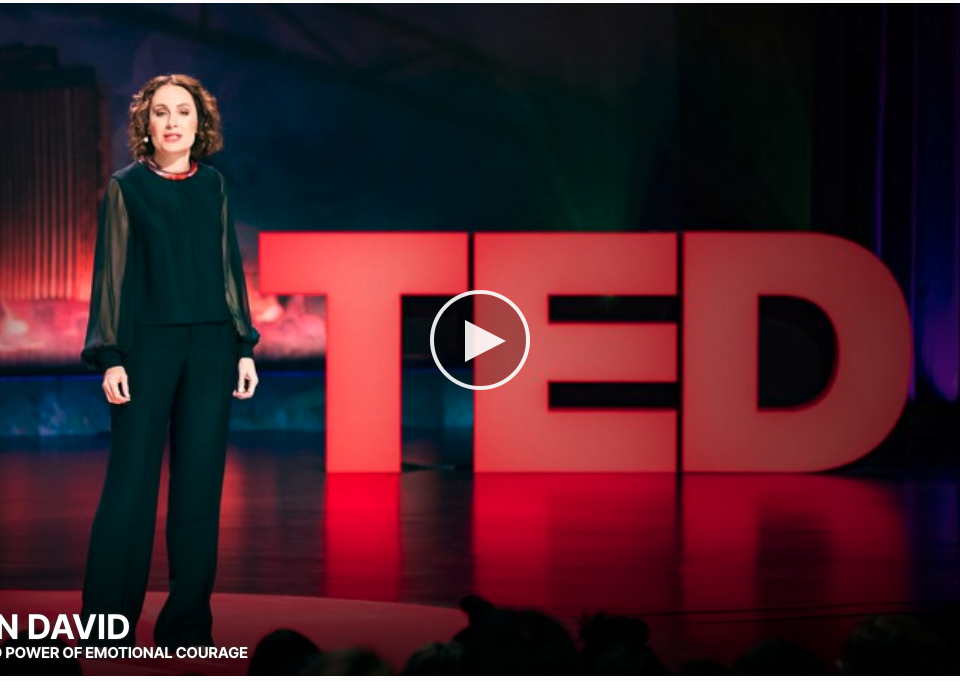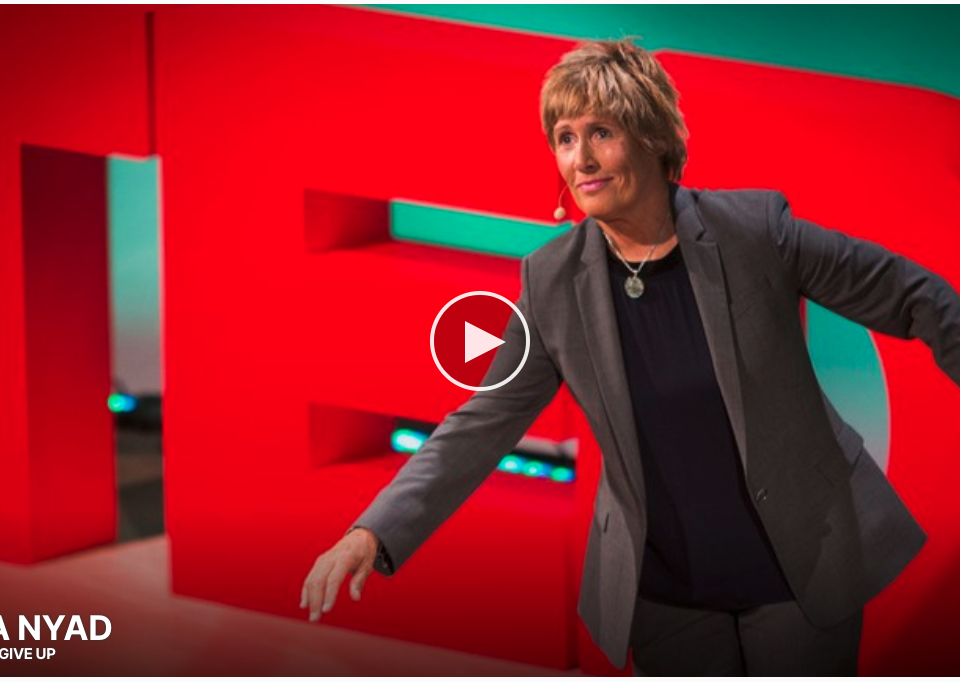
The real fear behind french burkini ban
2 de outubro de 2019
Reading: How you can avoid catching a cold or flu
9 de outubro de 2019Here’s a man by the name of Captain William Swenson who recently was awarded the congressional Medal of Honor for his actions on September 8, 2009.
On that day, a column of American and Afghan troops were making their way through a part of Afghanistan to help protect a group of government officials, a group of Afghan government officials,who would be meeting with some local village elders. The column came under ambush, and was surrounded on three sides, and amongst many other things, Captain Swenson was recognized for running into live fire to rescue the wounded and pull out the dead. One of the people he rescued was a sergeant, and he and a comrade were making their way to a medevac helicopter.
And what was remarkable about this day is, by sheer coincidence, one of the medevac medic happened to have a GoPro camera on his helmet and captured the whole scene on camera. It shows Captain Swenson and his comrade bringing this wounded soldier who had received a gunshot to the neck. They put him in the helicopter, and then you see Captain Swenson bend over and give him a kiss before he turns around to rescue more.
I saw this, and I thought to myself, where do people like that come from? What is that? That is some deep, deep emotion, when you would want to do that. There’s a love there, and I wanted to know why is it that I don’t have people that I work with like that? You know, in the military, they give medals to people who are willing to sacrifice themselves so that others may gain. In business, we give bonuses to people who are willing to sacrifice others so that we may gain. We have it backwards. Right? So I asked myself, where do people like this come from? And my initial conclusion was that they’re just better people. That’s why they’re attracted to the military. These better people are attracted to this concept of service. But that’s completely wrong. What I learned was that it’s the environment, and if you get the environment right, every single one of us has the capacity to do these remarkable things, and more importantly, others have that capacity too. I’ve had the great honor of getting to meet some of these, who we would call heroes, who have put themselves and put their lives at risk to save others, and I asked them, “Why would you do it? Why did you do it?” And they all say the same thing: “Because they would have done it for me.” It’s this deep sense of trust and cooperation. So trust and cooperation are really important here. The problem with concepts of trust and cooperation is that they are feelings, they are not instructions. I can’t simply say to you, “Trust me,” and you will. I can’t simply instruct two people to cooperate, and they will. It’s not how it works. It’s a feeling.
So where does that feeling come from? If you go back 50,000 years to the Paleolithic era, to the early days of Homo sapiens, what we find is that the world was filled with danger, all of these forces working very, very hard to kill us. Nothing personal. Whether it was the weather, lack of resources,maybe a saber-toothed tiger, all of these things working to reduce our lifespan. And so we evolved into social animals, where we lived together and worked together in what I call a circle of safety, inside the tribe, where we felt like we belonged. And when we felt safe amongst our own, the natural reaction was trust and cooperation. There are inherent benefits to this. It means I can fall asleep at night and trust that someone from within my tribe will watch for danger. If we don’t trust each other, if I don’t trust you, that means you won’t watch for danger. Bad system of survival.
The modern day is exactly the same thing. The world is filled with danger, things that are trying to frustrate our lives or reduce our success, reduce our opportunity for success. It could be the ups and downs in the economy, the uncertainty of the stock market. It could be a new technology that renders your business model obsolete overnight. Or it could be your competition that is sometimes trying to kill you. It’s sometimes trying to put you out of business, but at the very minimum is working hard to frustrate your growth and steal your business from you. We have no control over these forces. These are a constant, and they’re not going away.
The only variable are the conditions inside the organization, and that’s where leadership matters,because it’s the leader that sets the tone. When a leader makes the choice to put the safety and lives of the people inside the organization first, to sacrifice their comforts and sacrifice the tangible results, so that the people remain and feel safe and feel like they belong, remarkable things happen.
I was flying on a trip, and I was witness to an incident where a passenger attempted to board before their number was called, and I watched the gate agent treat this man like he had broken the law, like a criminal. He was yelled at for attempting to board one group too soon. So I said something. I said, “Why do you have treat us like cattle? Why can’t you treat us like human beings?” And this is exactly what she said to me. She said, “Sir, if I don’t follow the rules, I could get in trouble or lose my job.” All she was telling me is that she doesn’t feel safe. All she was telling me is that she doesn’t trust her leaders. The reason we like flying Southwest Airlines is not because they necessarily hire better people. It’s because they don’t fear their leaders.
You see, if the conditions are wrong, we are forced to expend our own time and energy to protect ourselves from each other, and that inherently weakens the organization. When we feel safe inside the organization, we will naturally combine our talents and our strengths and work tirelessly to face the dangers outside and seize the opportunities.
The closest analogy I can give to what a great leader is, is like being a parent. If you think about what being a great parent is, what do you want? What makes a great parent? We want to give our child opportunities, education, discipline them when necessary, all so that they can grow up and achieve more than we could for ourselves. Great leaders want exactly the same thing. They want to provide their people opportunity, education, discipline when necessary, build their self-confidence, give them the opportunity to try and fail, all so that they could achieve more than we could ever imagine for ourselves.
Charlie Kim, who’s the CEO of a company called Next Jump in New York City, a tech company, he makes the point that if you had hard times in your family, would you ever consider laying off one of your children? We would never do it. Then why do we consider laying off people inside our organization? Charlie implemented a policy of lifetime employment. If you get a job at Next Jump, you cannot get fired for performance issues. In fact, if you have issues, they will coach you and they will give you support, just like we would with one of our children who happens to come home with a C from school. It’s the complete opposite.
This is the reason so many people have such a visceral hatred, anger, at some of these banking CEOs with their disproportionate salaries and bonus structures. It’s not the numbers. It’s that they have violated the very definition of leadership. They have violated this deep-seated social contract. We know that they allowed their people to be sacrificed so they could protect their own interests, or worse, they sacrificed their people to protect their own interests. This is what so offends us, not the numbers. Would anybody be offended if we gave a $150 million bonus to Gandhi? How about a $250 million bonus to Mother Teresa? Do we have an issue with that? None at all. None at all. Great leaders would never sacrifice the people to save the numbers. They would sooner sacrifice the numbers to save the people.
Bob Chapman, who runs a large manufacturing company in the Midwest called Barry-Wehmiller, in 2008 was hit very hard by the recession, and they lost 30 percent of their orders overnight. Now in a large manufacturing company, this is a big deal, and they could no longer afford their labor pool. They needed to save 10 million dollars, so, like so many companies today, the board got together and discussed layoffs. And Bob refused. You see, Bob doesn’t believe in head counts. Bob believes in heart counts, and it’s much more difficult to simply reduce the heart count. And so they came up with a furlough program. Every employee, from secretary to CEO, was required to take four weeks of unpaid vacation. They could take it any time they wanted, and they did not have to take it consecutively. But it was how Bob announced the program that mattered so much. He said, it’s better that we should all suffer a little than any of us should have to suffer a lot, and morale went up. They saved 20 million dollars, and most importantly, as would be expected, when the people feel safe and protected by the leadership in the organization, the natural reaction is to trust and cooperate. And quite spontaneously, nobody expected, people started trading with each other. Those who could afford it more would trade with those who could afford it less. People would take five weeks so that somebody else only had to take three.
Leadership is a choice. It is not a rank. I know many people at the senior most levels of organizations who are absolutely not leaders. They are authorities, and we do what they say because they have authority over us, but we would not follow them. And I know many people who are at the bottoms of organizations who have no authority and they are absolutely leaders, and this is because they have chosen to look after the person to the left of them, and they have chosen to look after the person to the right of them. This is what a leader is.
I heard a story of some Marines who were out in theater, and as is the Marine custom, the officer ate last, and he let his men eat first, and when they were done, there was no food left for him. And when they went back out in the field, his men brought him some of their food so that he may eat, because that’s what happens. We call them leaders because they go first. We call them leaders because they take the risk before anybody else does. We call them leaders because they will choose to sacrifice so that their people may be safe and protected and so their people may gain, and when we do, the natural response is that our people will sacrifice for us. They will give us their blood and sweat and tears to see that their leader’s vision comes to life, and when we ask them, “Why would you do that?Why would you give your blood and sweat and tears for that person?” they all say the same thing:”Because they would have done it for me.” And isn’t that the organization we would all like to work in?
Thank you very much.
Thank you.
Texto em Português:
Há um homem chamado Capitão William Swenson que recentemente recebeu a Medalha de Honra do Congresso por suas ações em 8 de setembro de 2009.
Naquele dia, uma coluna de tropas americanas e afegãs estava tentando atravessar por uma parte do Afeganistão para ajudar a proteger um grupo de oficiais do governo, um grupo de oficiais do governo afegão, que se encontrariam com alguns anciãos moradores locais. A coluna foi emboscada, e cercada por três lados e, entre outras muitas coisas, Capitão Swenson foi reconhecido por correr em meio a fogo cruzado para resgatar feridos e retirar os mortos. Uma das pessoas que ele resgatou era um sargento, e ele e um companheiro estavam se encaminhando para um helicóptero de evacuação médica.
E o que foi impressionante naquele dia é que, por mera coincidência, um dos médicos do resgate tinha uma câmera GoPro acoplada a seu capacete e registrou toda a cena na câmera. A cena mostra o Capitão Swenson e seu companheiro trazendo um soldado ferido que tinha sido baleado no pescoço. Eles o colocaram no helicóptero, e vemos o Capitão Swenson curvando-se e beijando-o antes de se virar para resgatar mais pessoas.
Eu vi isso e pensei comigo mesmo: de onde vêm pessoas assim? O que é isso? É uma emoção muito profunda, quando alguém quer fazer isso. Havia amor lá, e eu queria saber por que eu não tenho pessoas assim com quem trabalhar? Sabem, no meio militar, eles dão medalhas a pessoas que se dispõem a se sacrificar pelo bem de outros. Nos negócios, concedemos bônus àqueles que desejam sacrificar os outros para que possamos ganhar. Fazemos ao contrário, certo? Então me perguntei: “De onde essas pessoas vêm?” Minha conclusão inicial foi de que eram apenas pessoas melhores. Por isso o exército as atraía. As pessoas melhores são atraídas a este conceito de serviço.Mas absolutamente não é isso. Aprendi que é o ambiente e se o ambiente for certo, cada um de nós tem a capacidade de fazer essas coisas notáveis, e, principalmente, os outros têm essa capacidade também. Tive a grande honra de conhecer alguns dos que podemos chamar de heróis, que colocaram suas vidas em risco para salvar os outros, e perguntei-lhes : “Por que você faria isso?””Por que você fez isso?” E todos eles dizem a mesma coisa: “Porque eles teriam feito o mesmo por mim.” É um profundo sentimento de confiança e de cooperação, Então confiança e cooperação são realmente importantes aqui. O problema com o conceito de confiança e cooperação é que são sentimentos, não são instruções. Não posso simplesmente dizer a você, “Confie em mim”, e pronto.Não posso simplesmente instruir duas pessoas a cooperarem, e pronto. Não é assim que funciona. É um sentimento.
Então de onde vem esse sentimento? Se voltarmos 50 mil anos, à era Paleolítica, aos primórdios do Homo sapiens, o que encontraremos é que o mundo era cheio de perigos, várias forças fazendo de tudo para nos matar. Nada pessoal. Quer fosse o clima, falta de recursos, talvez um tigre dente-de-sabre, todas essas coisas trabalhando para reduzir nossa expectativa de vida. Então, evoluímos e nos tornamos animais sociais, e vivíamos e trabalhávamos juntos no que chamo de círculo de segurança, dentro da tribo, que considerávamos o nosso lugar. E quando nos sentíamos seguros entre nós, a reação natural era de confiança e de cooperação. Há benefícios claros nisso. Significa que posso adormecer à noite e confiar que alguém de minha tribo estará alerta ao perigo. Se não confiamos um no outro, se não confio em você, significa que você não ficará alerta. Péssimo sistema de sobrevivência.
Os dias atuais funcionam da mesma forma. O mundo está cheio de perigos, coisas que tentam frustrar nossas vidas ou reduzir nosso sucesso, reduzir nossas oportunidades de sucesso. Talvez os altos e baixos da economia, a incerteza do mercado de ações. Talvez uma nova tecnologia que torna seu modelo de negócios obsoleto da noite para o dia. Ou talvez sua concorrência, que às vezes tenta matar você, que, às vezes, tenta tirar você do mercado, mas que, no mínimo, está se esforçando para neutralizar seu crescimento e roubar seu negócio. Não temos controle sobre essas forças. Elas são constantes e não irão desaparecer.
As únicas variáveis são as condições dentro da organização e é aí que a liderança importa, porque é o líder que impõe o ritmo. Quando um líder toma uma decisão de colocar a segurança e as vidas de pessoas de dentro da organização em primeiro lugar, de sacrificar seus confortos e sacrificar os resultados tangíveis, para que as pessoas permaneçam, sintam-se seguras e como parte do grupo,coisas extraordinárias acontecem.
Numa viagem que fiz, de avião, fui testemunha de um incidente em que um passageiro tentou embarcar antes de seu número ser chamado, e eu vi a agente do portão tratar o homem como se ele tivesse violado a lei, como um criminoso. Gritou com ele, por tentar embarcar antes de sua vez.Então eu disse algo. Eu disse: “Por que vocês têm de nos tratar como gado? Por que não nos tratam como seres humanos?” E foi exatamente essa a resposta que ela me deu: “Senhor, se eu não seguir as regras, eu corro o risco de perder meu emprego.” Tudo que ela me dizia é que não se sentia segura. Tudo que ela me dizia é que não confiava em seus líderes. A razão pela qual gostamos de voar com a Southwest não é necessariamente porque contratam pessoas melhores, mas porque estas não temem seus líderes.
Vejam, se as condições estiverem erradas, somos forçados a gastar nosso tempo e energia para nos protegermos uns dos outros, e isso, por natureza, enfraquece a organização. Quando nos sentimos seguros na empresa, naturalmente combinamos nossos talentos e nossas forças e trabalhamos sem parar para enfrentar os perigos lá fora e aproveitar as oportunidades.
A melhor analogia que posso dar do que é um grande líder é a de um pai. Se pensarem no que é ser um bom pai, o que ele faz? O que é ser um bom pai? Queremos dar oportunidades aos nossos filhos, educação, disciplina quando preciso, tudo para que possam crescer e alcançar mais do que nós mesmos conseguimos. Grandes líderes querem a mesma coisa. Querem dar oportunidade ao seu povo, educação, disciplina quando necessário, erguer sua autoconfiança, dar-lhes oportunidade de tentar e falhar, tudo para que possam ir mais longe do que jamais imaginamos que poderíamos.
Charlie Kim, que é CEO de uma empresa de tecnologia chamada Next Jump, na cidade de Nova Iorque, diz que se você passasse por dificuldades em sua família consideraria mandar embora um de seus filhos? Nunca faríamos isso. Então por que consideramos demitir pessoas dentro de nossas organizações? Charlie implementou uma política de emprego vitalício. Se você conseguir um emprego na Next Jump, você não pode ser demitido por questões de desempenho. Na verdade, se tiver problemas, eles vão lhe instruir e dar suporte, assim como faríamos com um filho, caso voltasse da escola com uma nota ruim. É totalmente o contrário.
Por isso, tantas pessoas têm ódio e raiva tão viscerais dos CEOs de bancos, com seus salários desproporcionais e estruturas de bônus. Não são os números, é o fato de terem violado a definição de liderança. Eles violaram o já estabelecido contrato social. Sabemos que eles permitiram o sacrifício de seus empregados em prol de interesses individuais, ou pior, eles mesmos sacrificaram seus empregados em prol de interesses próprios. Isso é o que nos ofende, não os números. Alguém ficaria ofendido se déssemos um bônus de 150 milhões de dólares a Gandhi? Que tal um bônus de 250 milhões de dólares a Madre Teresa? Temos algum problema quanto a isso? Nenhum. Nenhum mesmo. Grandes líderes nunca sacrificariam seu povo em prol dos números. Eles prefeririam sacrificar os números para salvar as pessoas.
Bob Chapman administra uma grande indústria no centro-oeste chamada Barry-Wehmiller. Em 2008, ela sofreu muito com a recessão e perdeu 30% dos pedidos da noite para o dia. Em uma grande empresa, isso é um problema e tanto, e eles não podiam mais bancar seus funcionários. Precisavam economizar 10 milhões de dólares. Então, como tantas empresas fazem hoje, a diretoria se reuniu e discutiu demissões. E Bob não aceitou. Vejam, Bob não acredita em “quantidade de cabeças”. Ele acredita em “quantidade de corações” e é muito mais difícil simplesmente reduzir o número de corações. Então, eles conceberam um tipo de plano de desligamento. Cada empregado, do secretário ao CEO, era obrigado a tirar quatro semanas de férias não remuneradas. Eles poderiam tirá-las quando quisessem, e não tinham de tirar tudo de uma vez. Contudo, o mais importante foi a forma como Bob anunciou o programa. Ele disse: “É melhor que todos soframos um pouco do que um de nós tenha de sofrer muito.” E a moral se elevou. Eles pouparam 20 milhões de dólares, e, principalmente, como esperado, quando as pessoas se sentem seguras e protegidas pelo líder do grupo, a reação natural é confiar e cooperar. De forma espontânea e inesperada, as pessoas começaram a trocar entre si. Os que podiam arcar com mais trocavam com os que podiam menos.Algumas pessoas tiravam cinco semanas para que outras pudessem tirar só três.
A liderança é uma escolha, não um título. Conheço muitas pessoas nos níveis mais altos de empresas que não chegam perto de serem líderes. Elas são autoridades e fazemos o que pedem porque têm autoridade sobre nós, mas não as seguiríamos. E conheço muitas pessoas que estão nas bases das empresas, que não têm autoridade e que são líderes natos, isso porque escolheram cuidar da pessoa à sua esquerda, e escolheram cuidar da pessoa à sua direita. Isso é um líder.
Ouvi uma história de alguns soldados que foram ao teatro e, conforme os costumes militares, o oficial comeu por último, e deixou seus homens comerem primeiro e, quando eles acabaram, não havia comida para ele. E quando eles voltaram a campo, seus homens lhe trouxeram parte de suas comidas para que ele pudesse comer, porque é isso que acontece. Nós os chamamos de líderes porque eles vão à frente, porque eles se arriscam antes de qualquer outro, porque eles escolhem se sacrificar para que seu povo permaneça seguro e protegido e possa prosperar e, quando isso acontece, a resposta natural é de que nosso povo irá se sacrificar por nós. Eles darão seu sangue, suor e lágrimas para ver a visão de seu líder tomar vida e, quando lhes perguntamos “Por que você faria isso? “Por que dar seu sangue, suor e lágrimas por essa pessoa?”, eles sempre respondem o mesmo: “Porque eles fariam o mesmo por mim.” E não é nessa organização que todos nós gostaríamos de trabalhar?
Muito obrigado.
Obrigado.





